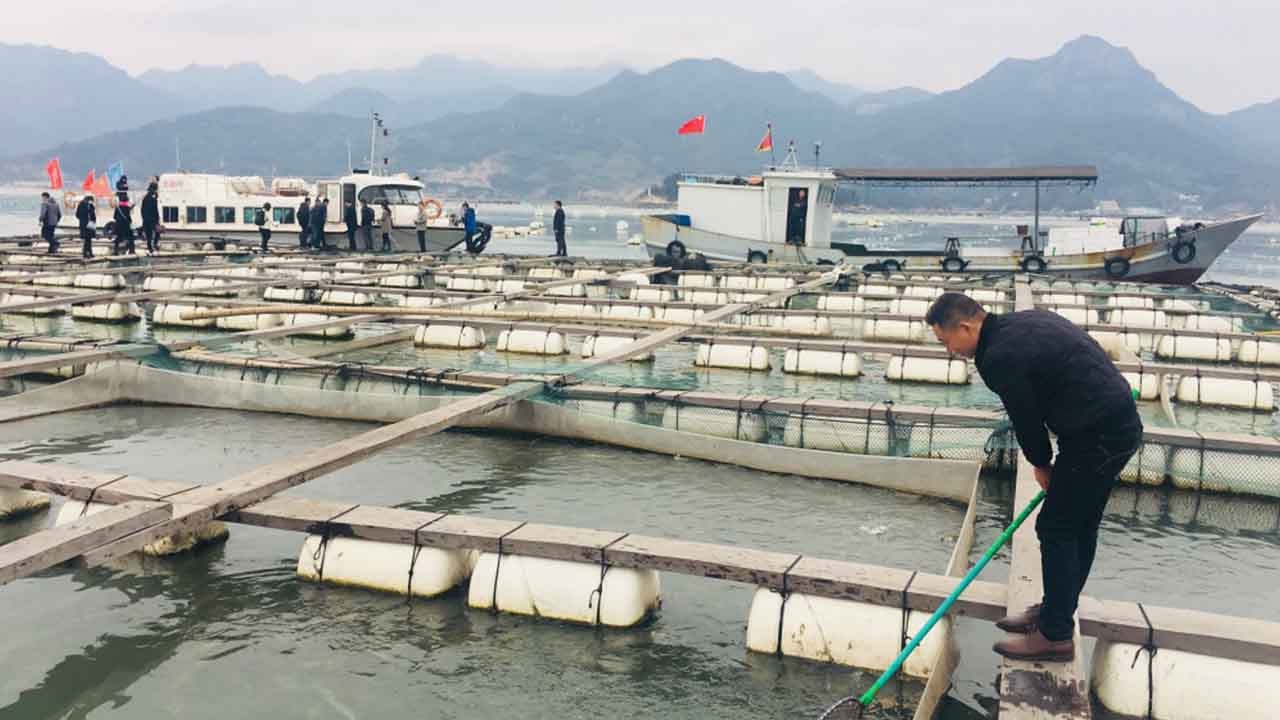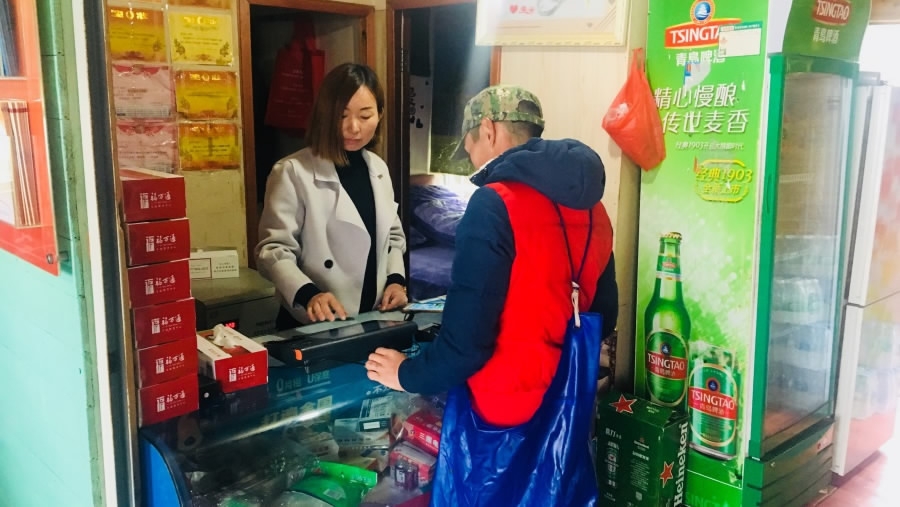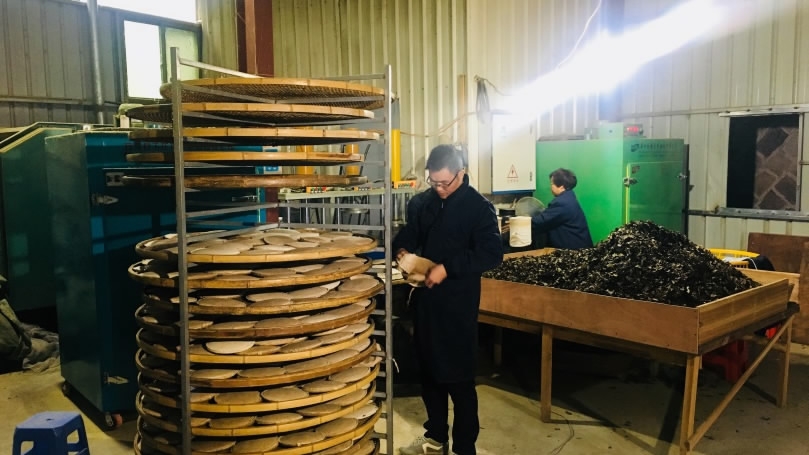
Business
20:27, 22-Dec-2017
Improved financial support brings new look to Chinese rural areas
CGTN's Zou Yun

China wants to eliminate poverty by 2020, and an inclusive financial system that helps farmers and small businesses in rural areas provides the building blocks toward achieving that vision.
Zheng Xiangan is a fisherman in San Duao area in coastal Fujian province, on China’s largest yellow croaker farm. After being in the business for over two decades, he can still vividly recall the years when large amounts of cash were used for all transactions.
“After harvesting the fish before dawn, we took bags of money from our customers. It took several people to count out every bill. We were also concerned about getting counterfeit money. It was very inconvenient.”
Big bags of money are in the past, and worries over fakes are history. Most payments are now digital, and transactions are done using mobile devices and electronic wallets.
These changes are part of government efforts to make the financial sector more inclusive. One of the goals is to provide farmers, small businesses, and poor households with better access to basic banking services such as deposit accounts and loans.

Transactions have been made much more convenient with fintech and inclusive finance./CGTN Photo.
Transactions have been made much more convenient with fintech and inclusive finance./CGTN Photo.
The rapid development of inclusive finance has made it possible for fishermen to enjoy basic financial services nearby without traveling to neighboring townships.
Over 20,000 residents in the remote San Duao now have access to basic financial support, Huang Wanqiu, general manager from the Department of Business Development at Ningde Rural Commercial Bank, told CGTN.
“In terms of trading volume, mobile banking alone has reached nearly 7 billion yuan in the first quarter of this year, and transactions through POS machines have exceeded 2 billion yuan. This shows that increased level of convenience in finance has boosted local businesses.

Du Ying makes white tea, for which his hometown is famous./ CGTN Photo.
Du Ying makes white tea, for which his hometown is famous./ CGTN Photo.
Farmers are also offered microloans so they can start businesses, which in the process lead to higher incomes and employment rates.
This is changing the way small villages look, and is attracting younger people such as Du Ying to come back home.
After earning his college degree, he chose to return to his village instead of working in big cities like many of his schoolmates. He had a dream of opening the first tea processing factory in his hometown.
“Local banks learned that I wanted to start my own business. They approached me and said that they can offer loans at discounted rates. That became my seed money. The banks also provided financial services that helped my business grow,” said Du.
Business was a success: he paid back all his debt in four years, and is now making 300,000 yuan a year.
The village of Chixi, where he was born, is now China’s top poverty relief village.
“In China, many villages are working hard to eliminate poverty. Luckily for them, the government’s efforts in pushing forward inclusive finance have made it possible for financial services to reach grassroots level villages like this one here. It’s not only about lending them the money they need, but more importantly, it's about empowering them to be self-sustainable,” said Du.

SITEMAP
Copyright © 2018 CGTN. Beijing ICP prepared NO.16065310-3
Copyright © 2018 CGTN. Beijing ICP prepared NO.16065310-3